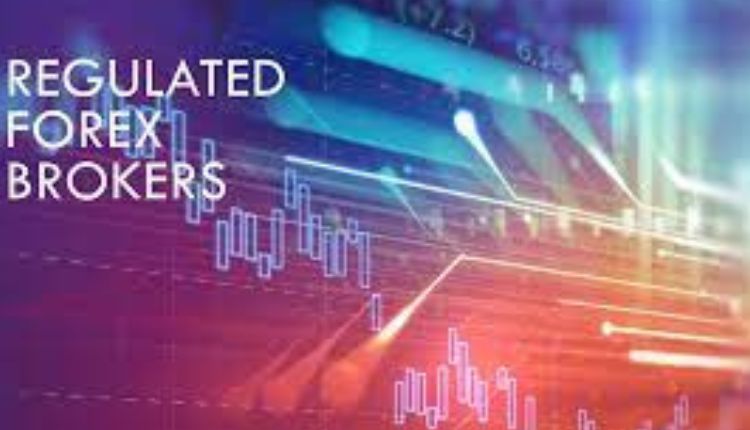
A regulated broker works as an intermediary between the trader and the stock exchange. They must protect their clients from fraudulent schemes such as “pump-and-dump” stocks, where people promote a stock and then sell it at a high price. Brokers may also be responsible for routing trades to the best venue. They earn their revenue by charging a fee for each trade.
Teamwork
Teamwork is an essential component to success in any type of business. Teamwork brings different minds together to provide a broader perspective that can help make decisions easier and quicker. This is particularly important in تداول eo broker, where split-second decisions can mean the difference between profit and loss.
Traders and brokers work together to execute trades in the financial markets. Brokers handle investments in equities, Exchange-Traded Funds (ETFs), and commodities for traders. They may also offer services such as currency conversion, margin interest, and securities lending.
While some people may think that trading is a lone-wolf industry, it’s important to remember that traders and brokers work in collaboration with each other to make money. After all, this is a performance-based industry where looks don’t matter, but results do. And the more successful you are, the better your chances of staying in business. Bringing a variety of skills and perspectives to the table can help ensure that you have the best chance for success.
Personal Relationships
The success of a broker-client relationship hinges on the trust and loyalty of both parties. To foster these relationships, brokers should implement a client-centric strategy that prioritizes service and communication. Offer a variety of channels to connect with clients and provide value, such as trading calculators, economic calendars, and market research articles. Share curated content tailored to each client’s interests and investment strategies. In addition, host webinars and in-person seminars to promote the firm’s expertise. Encourage feedback and re-engage dormant clients.
Brokers are independent financial professionals who organize and execute trades on behalf of a consumer. They work across a wide range of asset classes including stocks, bonds, debt and real estate. They may also focus on a specific type of product or investment. For example, a credit broker is a specialist in facilitating the acquisition of financing for companies and individuals. A leasing broker is a specialist in the field of providing equipment financing and related services.
Customer Service
Exceptional customer service is the key to building trust and creating enduring relationships with clients. It can also help business brokers stand out in the competitive industry and improve their overall service quality.
Traders need to feel that they can reach out to their broker anytime, especially in the event of an emergency. For this reason, look for a broker that offers a wide range of contact channels such as email, phone, and live chat. Some brokers even offer webinars and tutorials to support traders in their efforts to become successful investors.
Moreover, consider looking for a broker that offers multilingual support to cater to the needs of different traders. This can prevent any misunderstandings caused by language barriers. For example, if you are a trader from Sierra Leone, it is important to find a broker that provides customer support in your native language. This way, you can ensure that your concerns are addressed as soon as possible.
Knowledge Of The Market
Brokers must understand the market dynamics to make informed trading decisions. They are also responsible for ensuring that their clients’ funds are safe by keeping them separate from their own operating capital. They must also maintain high ethical standards and comply with regulations to avoid violating market rules and putting their clients at risk.
It’s a myth that brokers are loners, and they are actually more extroverted than traders. Traders are portrayed as frantically trading on the floor, but they often contact brokers to execute their trades.
Before you choose a broker, evaluate their reputation and track record. Also, look at their fees and charges. Some brokers charge a commission on every trade, while others offer discounts for certain services. You should also consider their technical capabilities and research resources. Also, check whether they have a good educational program for new traders. Lastly, avoid brokers that promote frequent trading or encourage you to use excessive leverage.
Wrapping It Up
A broker is the person or firm that matches those who want to buy or sell securities like stocks with those who are ready to make those trades. They must be regulated by the Financial Industry Regulatory Authority and the US Securities and Exchange Commission









